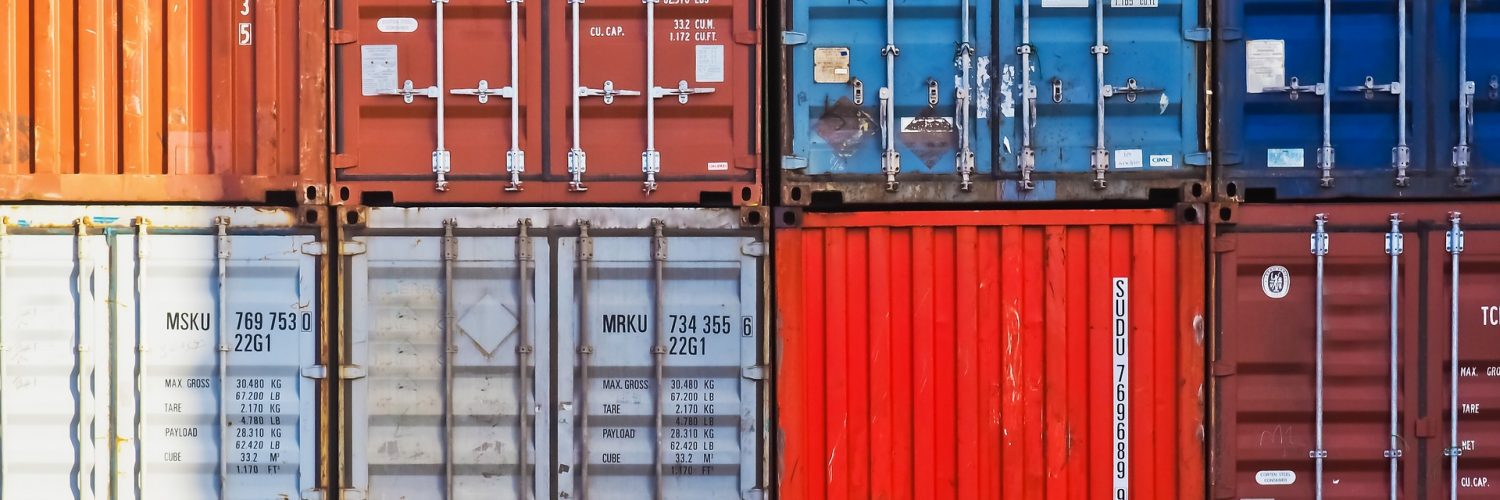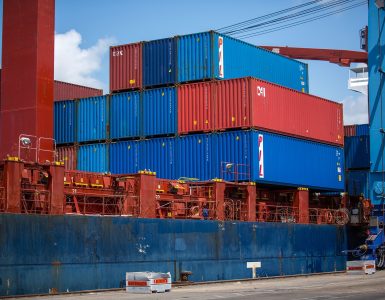As the trade war with China rages on, American businesses are getting slammed from hefty tariffs imposed on imported goods from China last year.
On Monday, major auto executives from Ford, General Motors, Fiat Chrysler and Toyota spoke to reporters at the Detroit Auto Show to say, “Enough is enough.” They called on the White House to resolve the trade war as a large United States delegation was returning from its latest round of trade negotiations in Beijing last week.
President Donald Trump tweeted that the talks with Beijing went “very well.” An end is in sight, he said.
“I think that we are going to be able to do a deal with China,” Trump said. “China wants to negotiate.”
China’s Ministry of Commerce also issued a promising declaration, stating that one of its top priorities in 2019 will be to end trade hostilities with the West.
“We will properly handle the China-U.S. economic and trade frictions” this year, commerce minister Zhong Shan said, according to a report issued by state media outlet Xinhua.
The U.S. delegation went to Beijing “to discuss ways to achieve fairness, reciprocity, and balance in trade relations between our two countries,” the Office of the U.S. Trade Representative said in a prepared statement. The delegation plans to report back to the White House to determine what happens next. China’s top trade negotiator, Vice Premier Liu He, is expected to visit Washington later this month.
Last week’s meeting was the first face-to-face discussion between U.S. and Chinese trade officials since Trump and Chinese President Xi Jinping met in December in Buenos Aires and agreed to a moratorium for 90 days as trade negotiations continue.
Trump has demanded a long list of concessions. Among them, more protection for American intellectual property and the end of forced technology transfer by China.
Since the two superpower leaders met in December, there has been progress. China has agreed to:
- Boost cooperation in 2019 with “American states, cities, business communities and non-governmental groups in order to promote a stable bilateral trade relationship,” according to a state news service report
- Purchase more U.S. farm and energy commodities
- Approve five genetically modified crops from U.S farmers to China
- Make it easier for multinational companies to participate in manufacturing development programs in China including high-tech industries
- Improve intellectual property protections for foreign businesses
On the negative side, there appears to be no end in sight for the lifting of tariffs. If no deal is reached by March 2, Trump has said he will proceed with raising tariffs to 25 percent from 10 percent on another $200 billion worth of Chinese imports.
On Monday, Fiat Chrysler Automobiles Chief Executive Mike Manley told Reuters that tariffs on U.S. metals will raise costs in 2019 $300 million to $350 million, or about $135 to $160 a vehicle. Toyota Motor Corp’s executive vice president for North American sales, Bob Carter, said his company raised prices three times. Even worse, the lingering trade war is adding urgency to Beijing’s need to find new partners.
That’s bad news for Arizona where China is a top trading partner. The state exported $1.2 billion in goods to China in 2017, according to the Office of the U.S. Trade Representative.
The Arizona Farm Bureau, Arizona Chamber of Commerce and Industry, United States Chamber of Commerce and other industries and organizations are urging for resolution.
Tom Donahue, the president of the U.S. Chamber, has called on leaders from the business community in both countries and both governments “to have meaningful discussions on long simmering tensions that led to the trade war in the first place.”
“We will urge a better approach to dealing with China than an escalating trade war waged through tariffs,” Donahue said in a prepared statement Monday. “Tariffs are nothing more than taxes paid for by American families and businesses.”
















Add comment